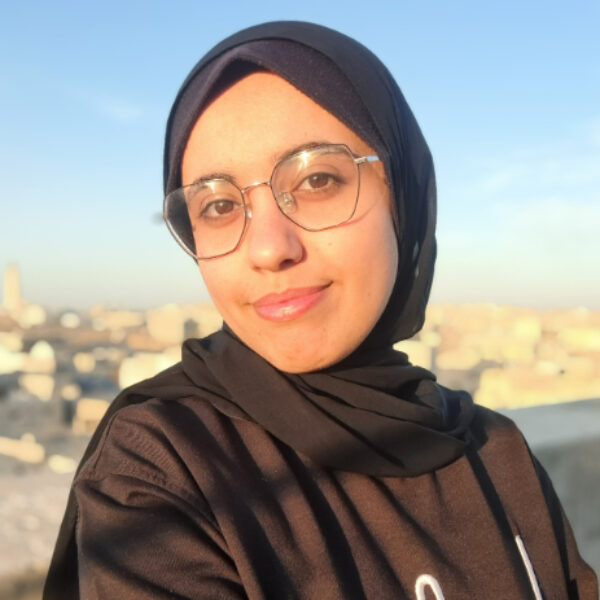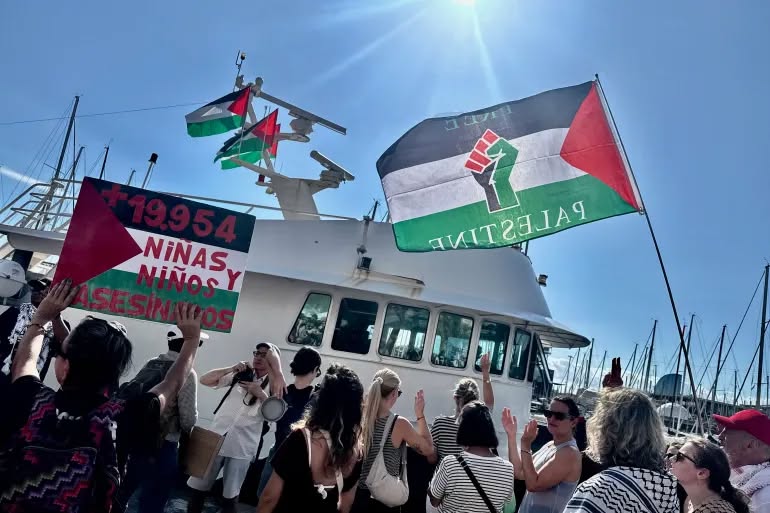[ad_1]
PalCast released a new episode titled “Creativity Comes from Misery – Roaa’s Story,” featuring Roaa Aladdin Missmeh, a Palestinian from Gaza now pursuing her master’s degree in Linguistics and Applied Linguistics in Dublin. The episode, hosted by Yousef and Tony, shared Roaa’s personal journey from the heart of Gaza during the genocide to her new life in Ireland. It shed light on her story of loss, displacement, and survival, as well as how writing became her way of holding on to hope and her identity.
Roaa spoke about the repeated displacements her family faced, which included fleeing their home more than a dozen times, moving between relatives’ houses, friends’ homes, and tents on the streets. She described the unbearable living conditions in the camps: cold winters, lack of clean water, and the struggle to cook meals with makeshift stoves. Despite the hardship, she said that creativity emerged from misery, and writing became her escape. It was through words that she documented her pain, her people’s resilience, and her will to remember.
She also revealed how the so-called “safe zone” of Al-Mawasi was anything but safe, as Israeli attacks continued to target civilians daily. Her memories of Gaza, filled with fear and destruction, remained vivid even after she left. Living in Dublin, she mentioned feeling constant guilt for surviving while many of her loved ones were killed. For Roaa, true survival meant rebuilding her home, bringing back her dead friends, and seeing her family safe again, which were things she knew might never happen.
This episode of PalCast highlighted the deep emotional scars carried by survivors and the strength found in storytelling. Roaa’s testimony served as a reminder that leaving Gaza did not mean Gaza left her. Her story was one of endurance, grief, and the power of the written word. The episode is now available to listen to on Apple Podcasts and Spotify.
[ad_2]
Source link









